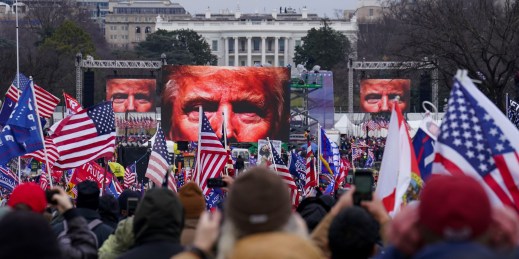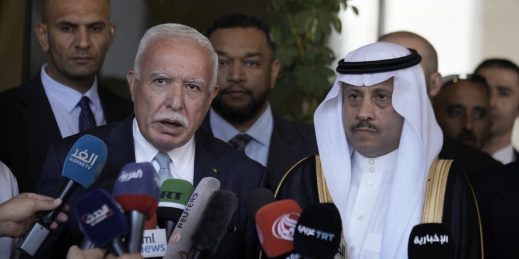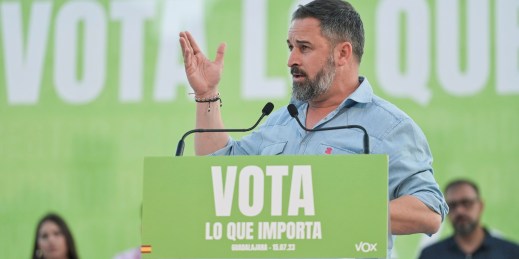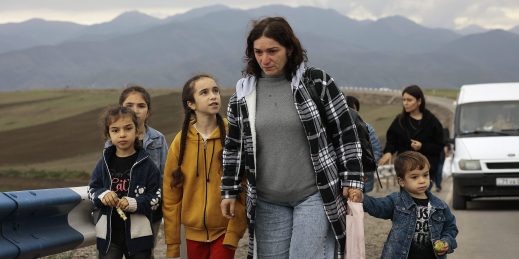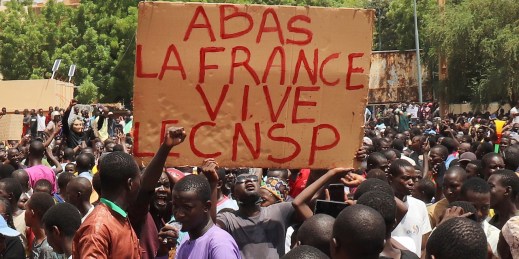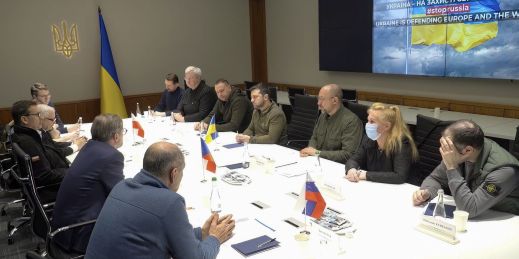Latest Archive
Free Newsletter
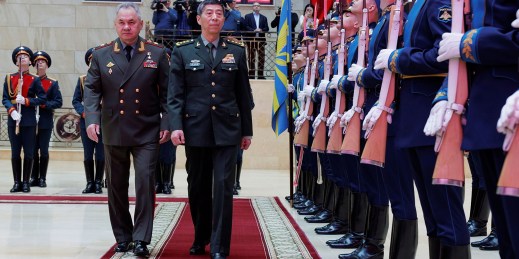
A civil-military relations crisis in the U.S. is actually the latest in a recent series of similar crises affecting the world’s major powers, including Russia and China. That raises the question: Is this simply a random series of unconnected events that all just happen to center around defense ministers? Or is there a deeper cause?
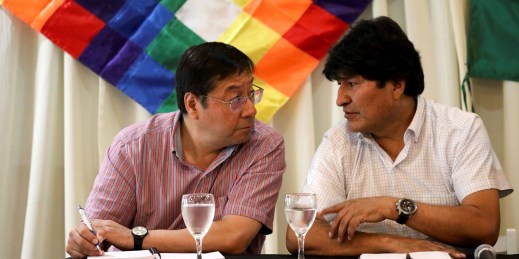
Evo Morales declared he would run in Bolivia’s next presidential election as the candidate for the ruling MAS party—two years before the ballot and before MAS had even held its primary. It is the latest gambit in Morales’ increasingly bitter struggle with President Luis Arce, as both seek to lead the party into the 2025 election.
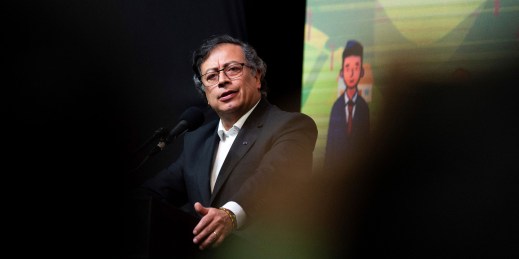
No one paying attention would disagree with Colombian President Gustavo Petro’s assessment that the “war on drugs” has failed miserably. But highlighting the failure of previous strategies to tackle drug trafficking does nothing to protect the embattled Petro from what has happened to Colombia’s cocaine trade since he took office.
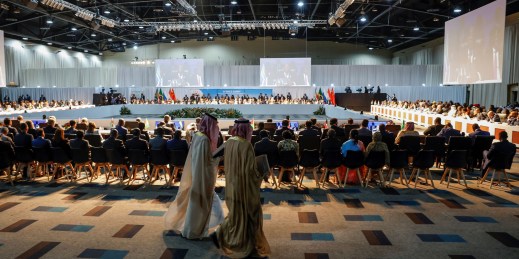
Several recent articles have questioned the validity of the concept of the “Global South” and even call for the retirement of the term altogether. But instead of dismissing the term, it’s important to clarify what the Global South is and is not, and to demonstrate the shortcomings of the most widely used arguments against the concept.
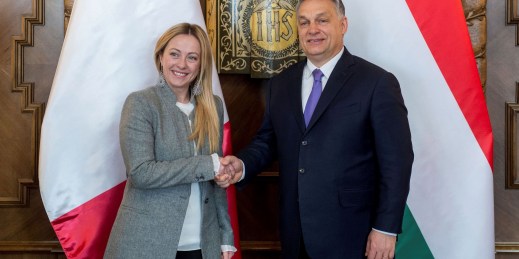
At a far-right conference in Budapest this month, Italian Prime Minister Giorgia Meloni delivered a speech bashing a supposedly “woke” left. But the pro-European Meloni showed more caution in discussing the EU with the famously Euroskeptic Viktor Orban, hinting at divisions between right-wing movements often viewed as natural allies.
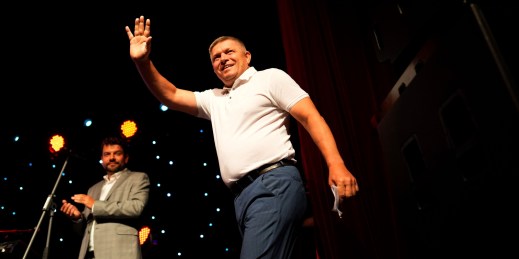
Robert Fico, the highly controversial three-time former prime minister who opposes military support to Ukraine, looks set to win Slovakia’s parliamentary elections on Sept. 30. He has pledged to reverse the EU and NATO member state’s political direction, after years of deep reforms designed to realign Slovakia with the EU mainstream.
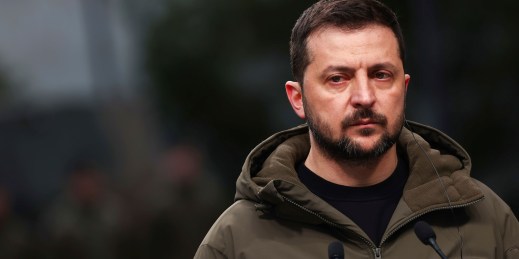
Kyiv’s reaction to a recent report showing that an errant Ukrainian missile was likely responsible for a deadly strike on a Ukrainian town highlighted its defensiveness in response to human rights critiques of its war effort. While this is unsurprising and even understandable, it is not actually needed and may hurt more than it helps.
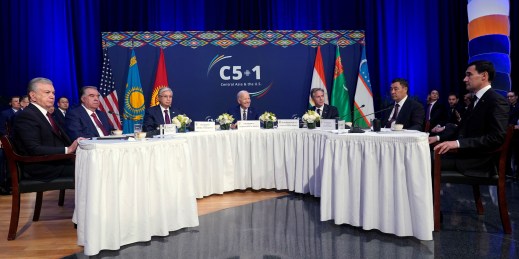
Last week, U.S. President Joe Biden met with his counterparts from the five states of Central Asia in the first-ever leaders’ summit of the so-called C5+1 format. The meeting is a step in the right direction when it comes to U.S. policy toward an increasingly strategic region, but one that Washington has historically neglected.
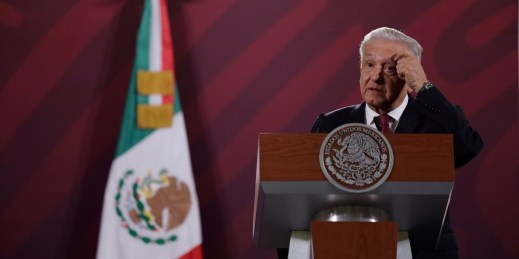
Mexican President Andres Manuel Lopez Obrador’s international agenda in the month of September has been emblematic of his foreign policy across his entire five years in office: ineffective, inconsistent and often invisible. That lack of focus is why AMLO has seen many of his foreign policy sorties simply fall to the wayside.
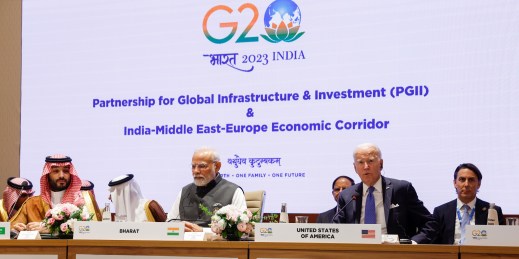
For Washington and Brussels, the IMEC trade corridor linking India, the Gulf and Europe is an effort to mold the resulting partnerships in line with Western interests. However, for India, the UAE and Saudi Arabia, their participation in the project does not reflect a desire to choose sides amid an era of great power competition.
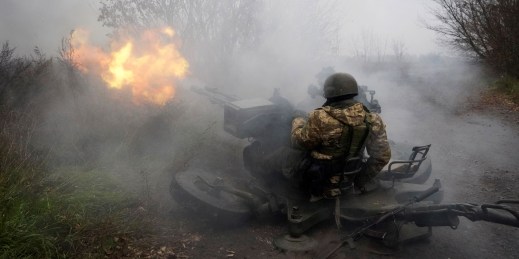
Many observers have turned a critical eye to pre-invasion predictions about Russia’s war on Ukraine, given how wrong they turned out to be. But the reason they were wrong is inherent to the nature of warfare itself. Our ability to accurately predict the course of a war is compromised by the inherent uncertainty of war.

